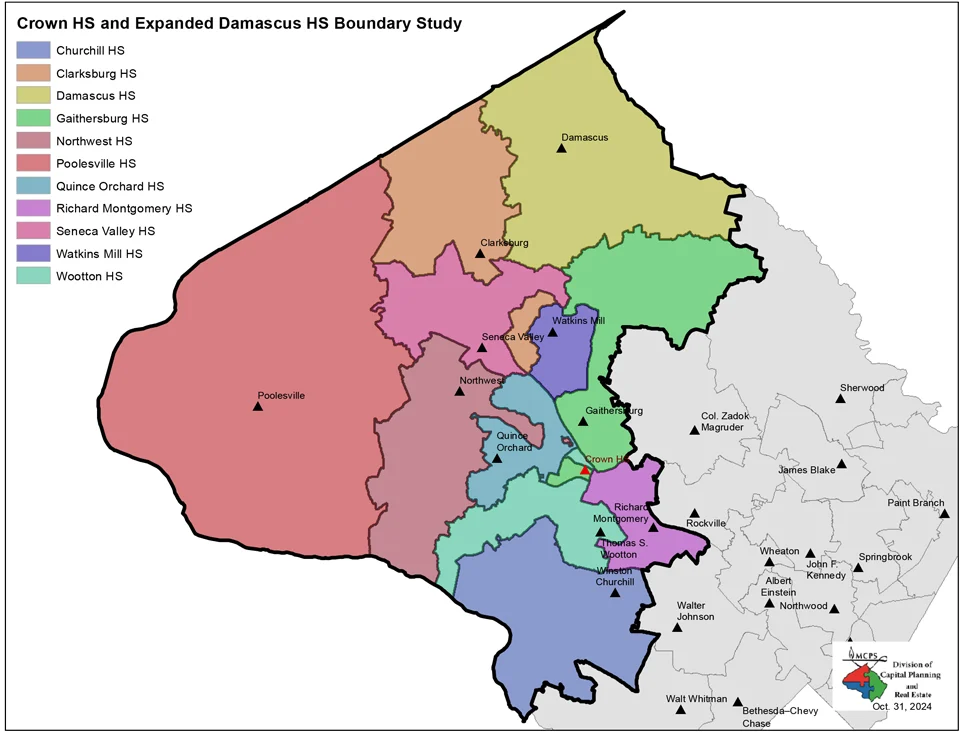Due to a dramatic spike in unexcused absences this past spring, principal Alan Goodwin and other principals from around the county are attempting to implement a stricter attendance policy.
As of now, the only penalty for skipping class is a zero for work due on days of unexcused absences. But this penalty doesn’t seem to deter many students from skipping class, especially on days when there is no formal assessment.
“With this year’s attendance policy, it gave me more peace of mind when I skipped class,” an anonymous student said.
Goodwin heads a committee of 25 principals who meet periodically throughout the year. The group’s past couple meetings have focused on the number of increased absences this year.
“There is agreement that something needs to be done because, at some schools, attendance is even worse,” Goodwin said. “Whether we want to go back to the same Loss of Credit policy, I don’t know.”
One proposed idea is to go back to a policy similar to the previous Loss of Credit policy. Under the Loss of Credit policy, students lost credit for a class in which they had five or more unexcused absences.
County officials removed the Loss of Credit policy last year for various reasons, Goodwin said. One problem Goodwin cited is that some students, particularly at other schools, were unaware of the lost credit appeal process. Additionally, minority students were more prone to lose credit for classes.
Another option under consideration is setting a limit on the total number of days a student can miss during a semester, both excused or unexcused absences. For example, if a student misses ten days, he would then have to go through an appeal process with the administration to prove that he was absent for legitimate reasons.
Because of the dramatic increase in skipping class, Goodwin and the other principals hope to appeal to the BOE and new superintendent Joshua Starr for a new attendance policy in August.
“We have asked for there to be something in place when the school year opens, and I think their probably will be,” Goodwin said. “In the end, it’s the county’s decision about what to do.”









